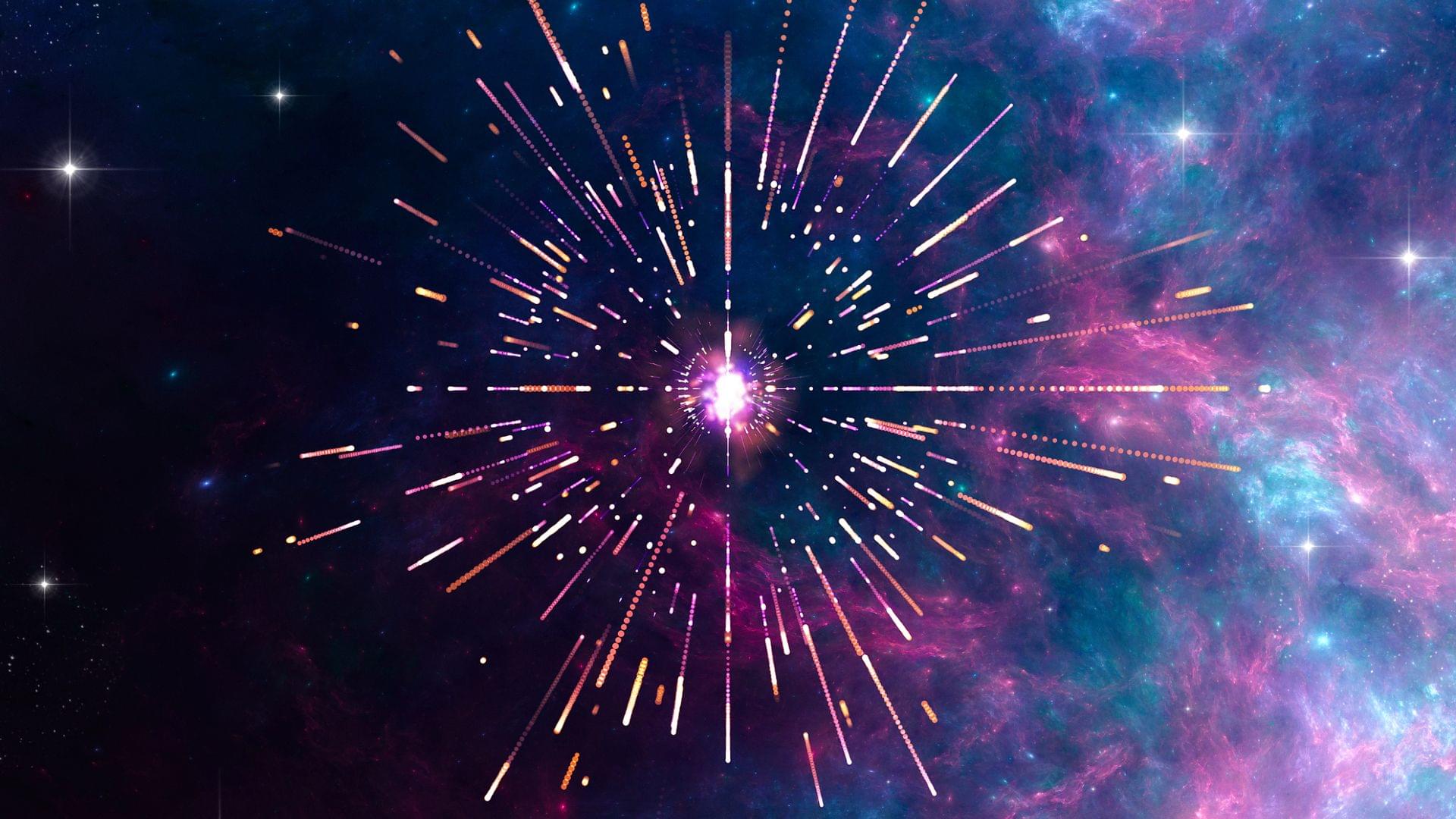Quantum sensor networks offer superior sensitivity and more general application than previous methods.
Researchers unveil a quantum measurement protocol that tracks the velocity and direction of wave-like dark matter particles.
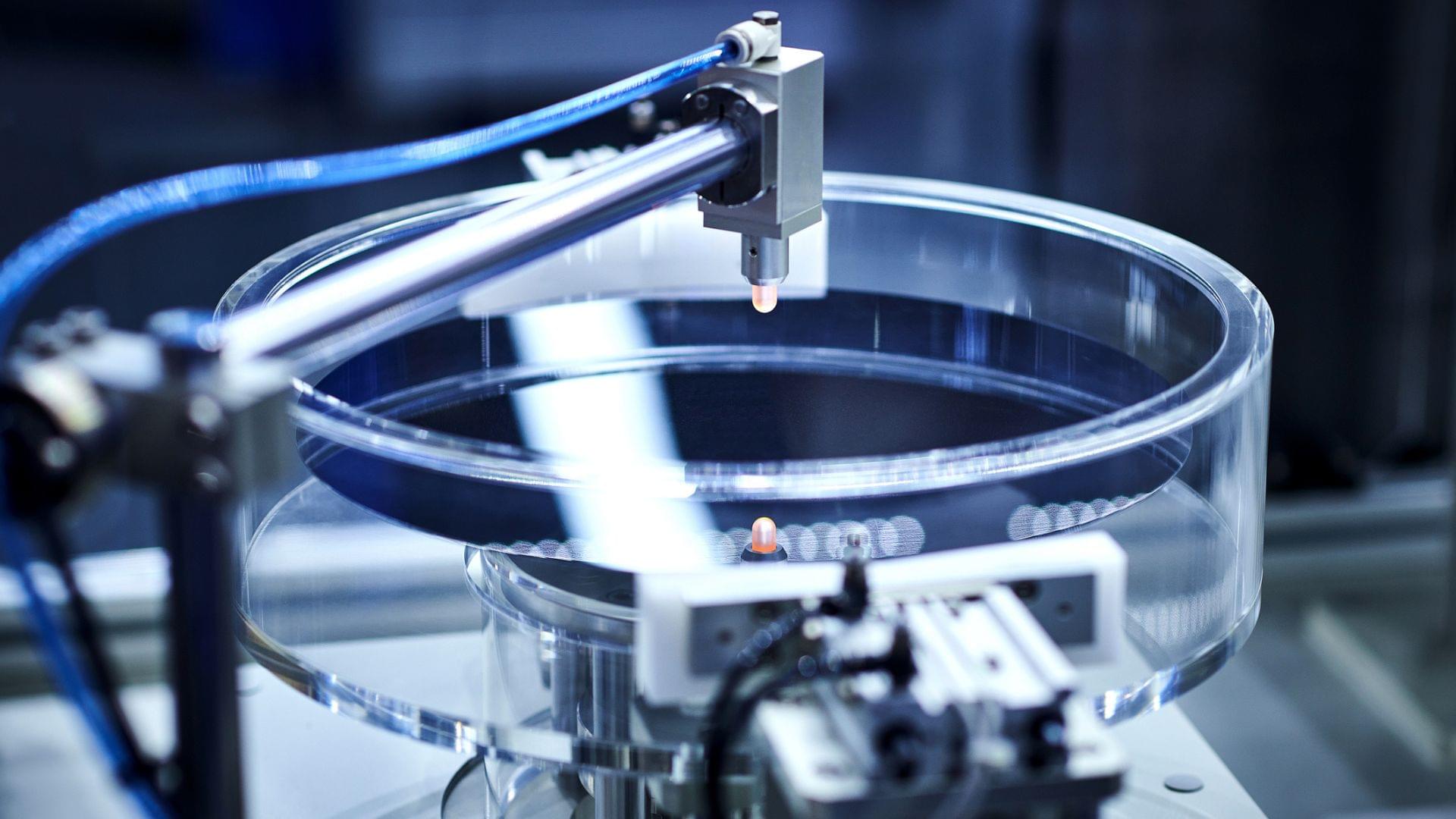


On the Same Origin of Spacetime, Matter, and Everything https://lnkd.in/gCs9XBzx What if space, time, matter, gravity, dark matter, and dark energy all come from one thing: quantum entanglement? 1. Reality starts as a quantum state (not spacetime) In EWOG, the universe does **not** begin with space and time. It begins with a single quantum state: |Ψ⟩ ∈ No coordinates No distances No clocks Only quantum information. ➡ Spacetime appears later. 2. Geometry is quantum, not classical Spacetime is not a background — it is made of operators: ĝ_μν, R̂_μν, R̂ What we experience as classical spacetime is just the **average**: g_μν = ⟨ ĝ_μν ⟩ Intuition: Spacetime is a *shadow* cast by quantum entanglement. 3.
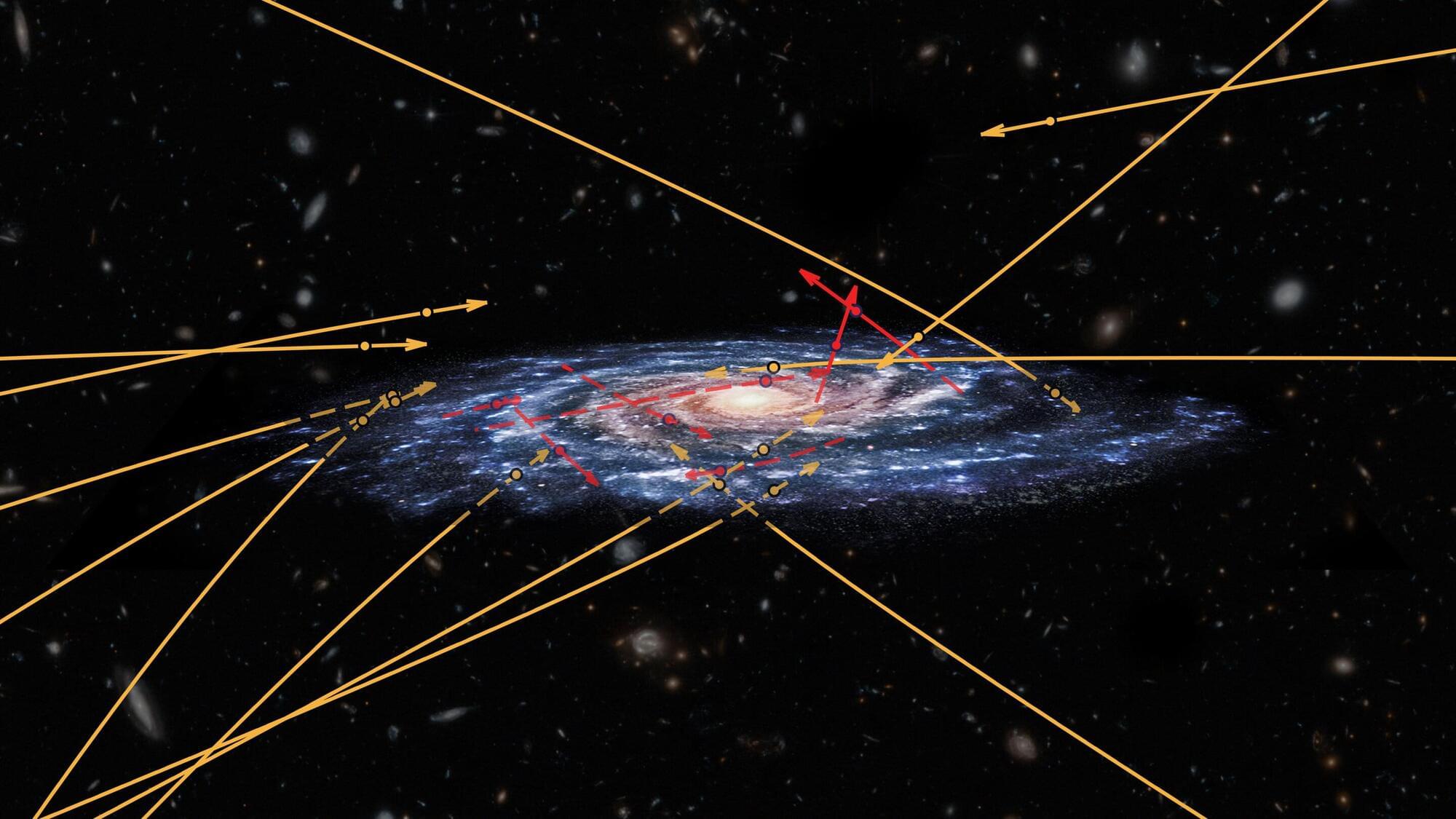
Hypervelocity stars have, since the 1920s, been an important tool that allows astronomers to study the properties of the Milky Way galaxy, such as its gravitational potential and the distribution of matter. Now astronomers from China have made a large-volume search for hypervelocity stars by utilizing a special class of stars known for their distinct, regular, predictable pulsation behavior that makes them useful as distance indicators.
Their research is published in The Astrophysical Journal.
The escape velocity of any planet, star or galaxy is the velocity required for a mass, leaving the object’s surface, to coast completely and exactly out of the planet’s gravitational well, going to infinity. Earth’s escape velocity is 11.2 kilometers per second (km/s).

Dark matter is an elusive type of matter that does not emit, absorb or reflect light, interacting very weakly with ordinary matter. These characteristics make it impossible to detect using conventional technologies used by physicists to study matter particles.
As it has never been observed before, the exact composition of dark matter remains unknown. One proposed theory is that this elusive type of matter is comprised of light particles with very small masses, below 1 eV (electronvolt), which behave more like waves than particles.
Researchers at the University of Tokyo and Chuo University recently explored the possibility of searching for sub-GeV dark matter using quantum sensors, advanced systems that rely on quantum mechanical effects to detect extremely weak signals.
Build your website in minutes with Odoo — free domain for the first year + your first app free for life!
Start here: https://www.odoo.com/r/PR8
…
When people hear the word “paradox,” they usually think of something like a logic puzzle or a brain teaser. Something strange, but mostly harmless. But in quantum physics, paradoxes aren’t just puzzles. They point to something much deeper—a place where our understanding of reality breaks down.
1:13 Quantum Paradox.
8:53 The Quantum Eraser Paradox.
13:52 Wigner’s Friend (Observer vs. Observer)
19:50 Time Symmetry and Retrocausality.
26:26 Quantum Pseudo-Telepathy.
32:28 Quantum Cheshire Cat.
38:18 The Quantum Suicide Twist.
44:20 The Black Hole Information Paradox.
51:02 The Measurement Problem.
57:42 Closing the Loop.
Thank you for watching, and don’t forget to subscribe smile
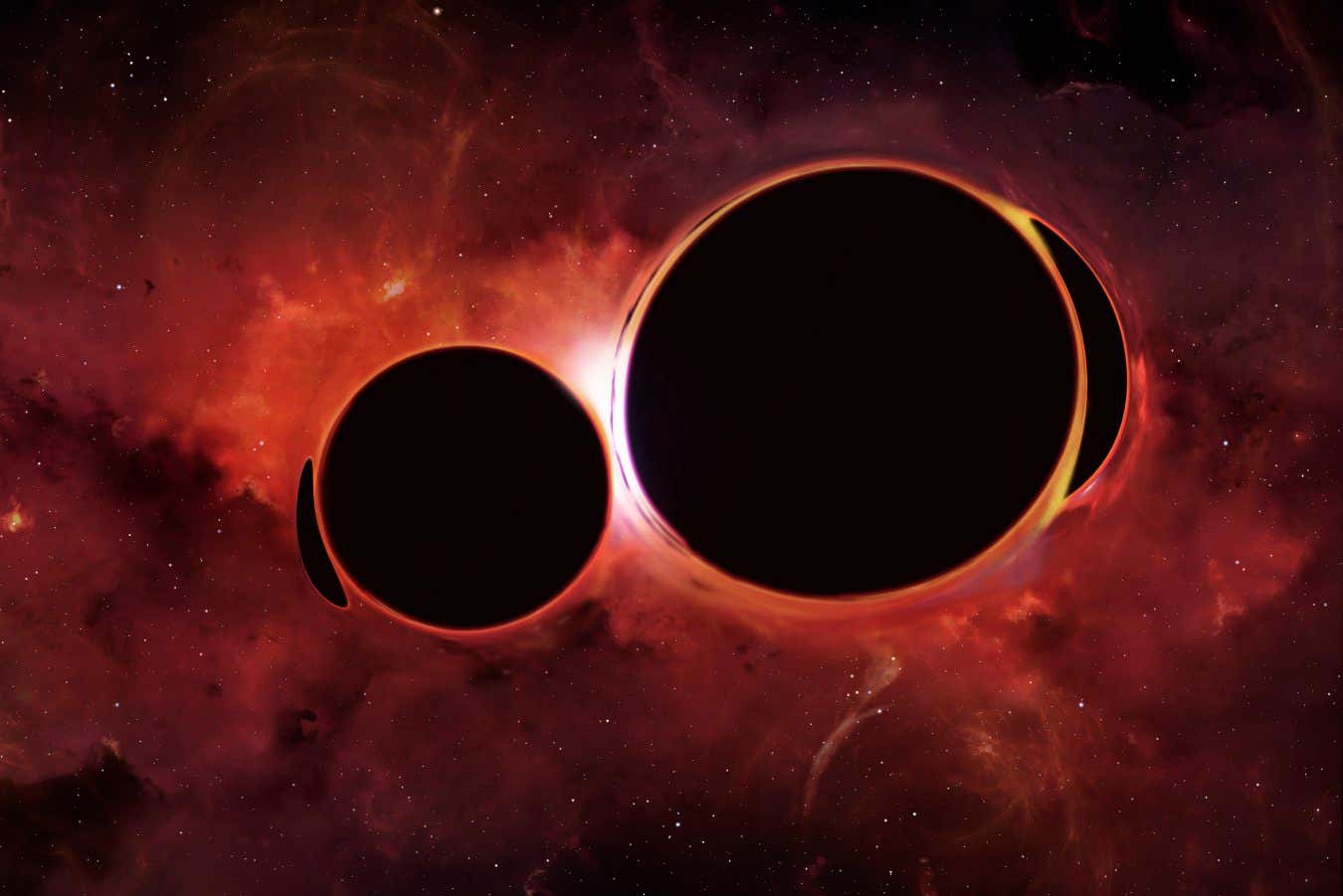
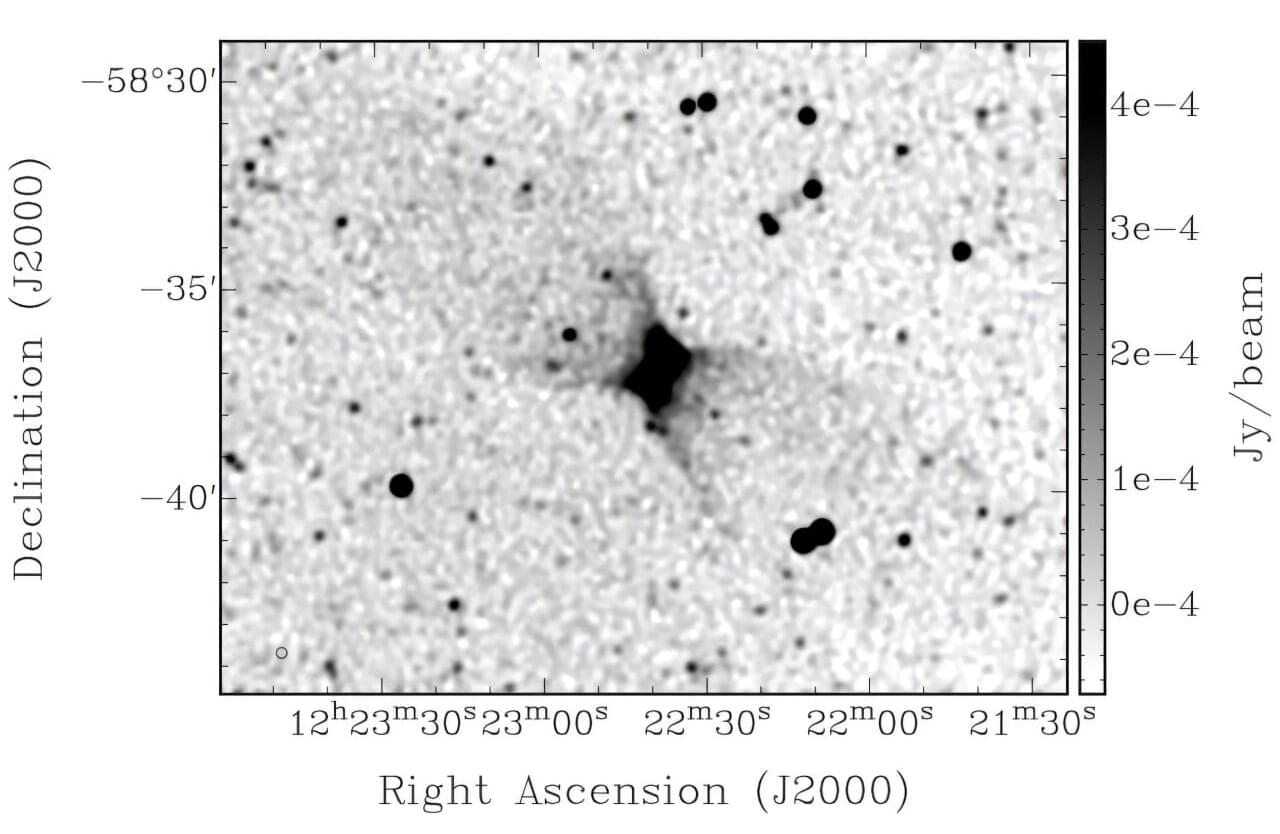
Using the Australian Square Kilometer Array Pathfinder (ASKAP), an international team of astronomers has discovered a spectacular bipolar outflow from the disk of a nearby galaxy known as ESO 130-G012. The finding was reported in a paper published December 17 on the pre-print server arXiv.
ESO 130-G012 is an edge-on galaxy at a distance of some 55 million light years, with an estimated stellar mass of about 11 billion solar masses. The galaxy has a star-formation rate at a level of 0.2 solar masses per year and hosts a black hole approximately 50 million times more massive than the sun.
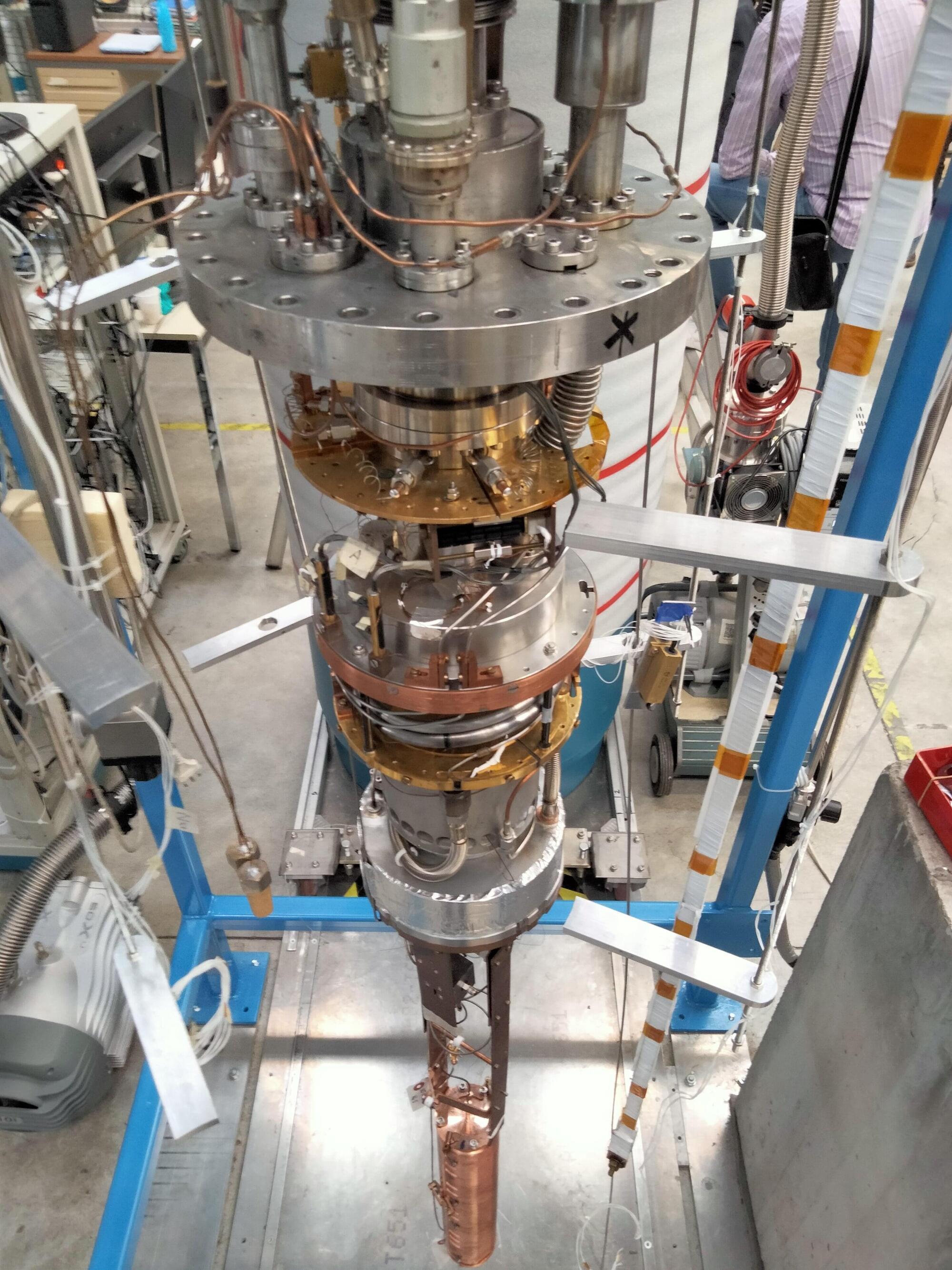
Axions are hypothetical light particles that could solve two different physics problems, as they could explain why some nuclear interactions don’t violate time symmetry and are also promising dark matter candidates. Dark matter is a type of matter that does not emit, reflect or absorb light, and has never been directly observed before.
Axions are very light particles theorized to have been produced in the early universe but that would still be present today. These particles are expected to interact very weakly with ordinary matter and sometimes convert into photons (i.e., light particles), particularly in the presence of a strong magnetic field.
The QUAX (Quest for Axions/QUaerere AXion) collaboration is a large group of researchers based at different institutes in Italy, which was established to search for axions using two haloscopes located in Italy at Laboratori Nazionali di Legnaro (LNL) and Laboratori Nazionali di Frascati (LNF), respectively.
